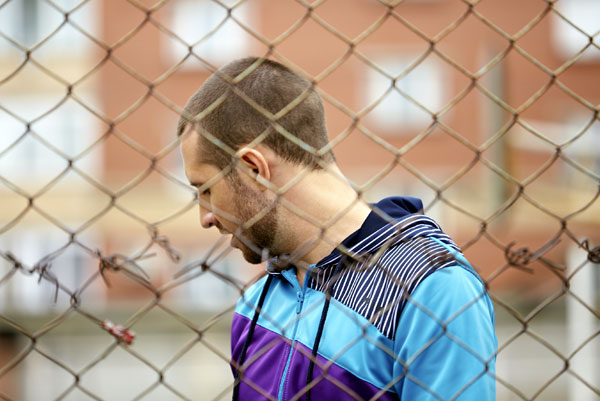- La Feria Community Holds Succesful Business Mixer Event
- Little Nashville to Take Place in Downtown Mercedes
- Lions Basketball Captures District Gold
- La Feria ISD Students Compete in Regional Chess Tournament
- Lions End First Half of 32-4A on a High Note
- La Feria ISD Held Another Successful Parent Conference
- Strong Appearance for Lions at Hidalgo Power Meet
- LFECHS Students Get to Meet Local Actress
- Students Participate in Marine Biology Camp
- Two LFECHS Students Qualify for All-State Band
Mothers Driving Change in Juvenile Justice System
- Updated: May 20, 2016
by Mark Richardson
AUSTIN, Texas – As thousands of youths enter the Texas juvenile-justice system each year, a new report says thousands of mothers will face the pain of separation because their child is behind bars.
A new report, “Mothers at the Gate” from the Institute for Policy Studies, discusses how some family members are challenging the juvenile-justice system to make positive changes
Jennifer Erschabek, executive director of the Texas Inmate Families Association, said her group gives families a sense of what to expect and helps them navigate the system, but most often just gives them a shoulder to cry on.
“The core of our group are family members who do have someone in there,” she said. “They just need that emotional friendship, that support to get them through, because it’s hard. It’s real hard work when you look at how cruel the prison system is.”
In addition to support groups in 18 cities across the state, Erschabek said, her organization drives change through cultivating relationships with wardens and other officials, working to keep mothers and their children connected, helping families navigate the parole system and lobbying the Legislature for policy changes to the juvenile-justice system.

New research shows thousands of mothers across the country have been acting as advocates for their children in forcing changes in the juvenile justice system. (iStockphoto)
Karen Dolan, co-author of the report and a fellow at the Institute for Policy Studies, said her research shows a growing number of families across the country have found themselves becoming policy experts and activists — and some have successfully lobbied for changes in the juvenile-justice system.
“These family activists, ultimately their goal is to end youth incarceration, because that isn’t the place where any rehabilitation, education or, really, healing of trauma can occur,” she said. “To have them away from their families is just doubly damaging.”
The report suggests several changes Texas and other states could make, including ending the use of solitary confinement and improving visitation rules and telephone access for families.
The report is online at ips-dc.org.


